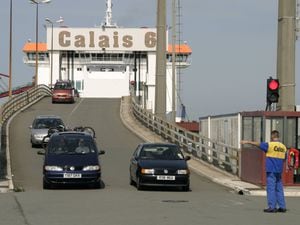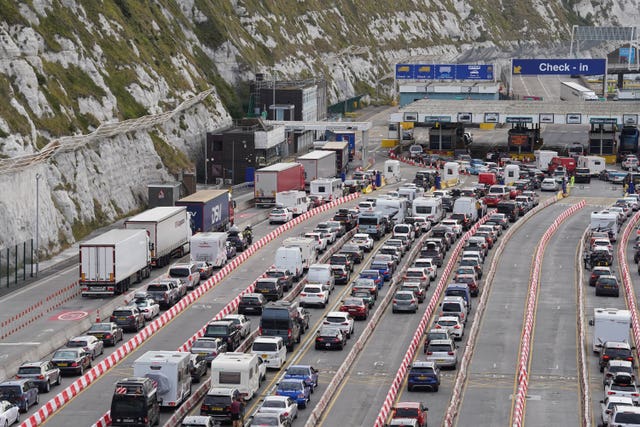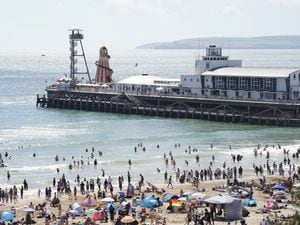Quarter of UK motorists driving abroad go five hours without break – survey
Drivers are risking the safety of themselves, their passengers and other road users, the RAC warned.

UK holidaymakers driving abroad are putting themselves and other road users at risk by not taking enough breaks, new research suggests.
An RAC European Breakdown survey indicated 27% of motorists who have taken their own cars to continental Europe have driven non-stop for five hours or more.
Some 10% have driven for at least seven hours overseas without pulling over for a rest, compared with just 6% who admit to doing so in the UK.

The RAC urged tourists to “regard the driving as part of the holiday” and take regular breaks, rather than be determined to reach their destination as quickly as possible.
It takes around 10 hours of driving for holidaymakers visiting France to get from the Port of Calais to the popular Provence region.
The Highway Code recommends drivers take a break of at least 15 minutes for every two hours of driving.
The survey questioned 2,500 UK drivers, of which 39% have driven in continental Europe.
RAC Europe spokesman Rod Dennis said regular breaks are “essential to keep drivers alert”.
He said: “Tiredness kills, so the fact that such a large proportion of drivers are prepared to go for so long without taking a break when driving on the other side of the Channel is alarming.
“Add in the fact that the number of road deaths in countries including France, Belgium and Italy are so much higher than in the UK and it’s clear drivers are putting themselves at risk by going for so long without a stop.
“Perhaps it’s the determination to get to their destination combined with the fact there are often fewer cars on the road which is leading drivers to put themselves, their passengers and others in danger.
“The quieter motorways with less going on to keep drivers alert might feel less arduous, but it can also induce fatigue.”
Mr Dennis said the frequency and quality of service areas on the continent mean there is “no need to go a very long time without stopping”.
The RAC survey also indicated that only 28% of people who have driven abroad know the correct phone number to ring for the emergency services in continental Europe is 112.
Nearly a quarter (24%) of those questioned who planned to take their car across the Channel this summer intended to display a “GB” sticker and 12% were relying on the “GB” letters on their number plates.
That is despite vehicles being taken out of the UK being required to display the letters “UK” since September 2021.
Stickers showing “GB” must be covered or removed.





